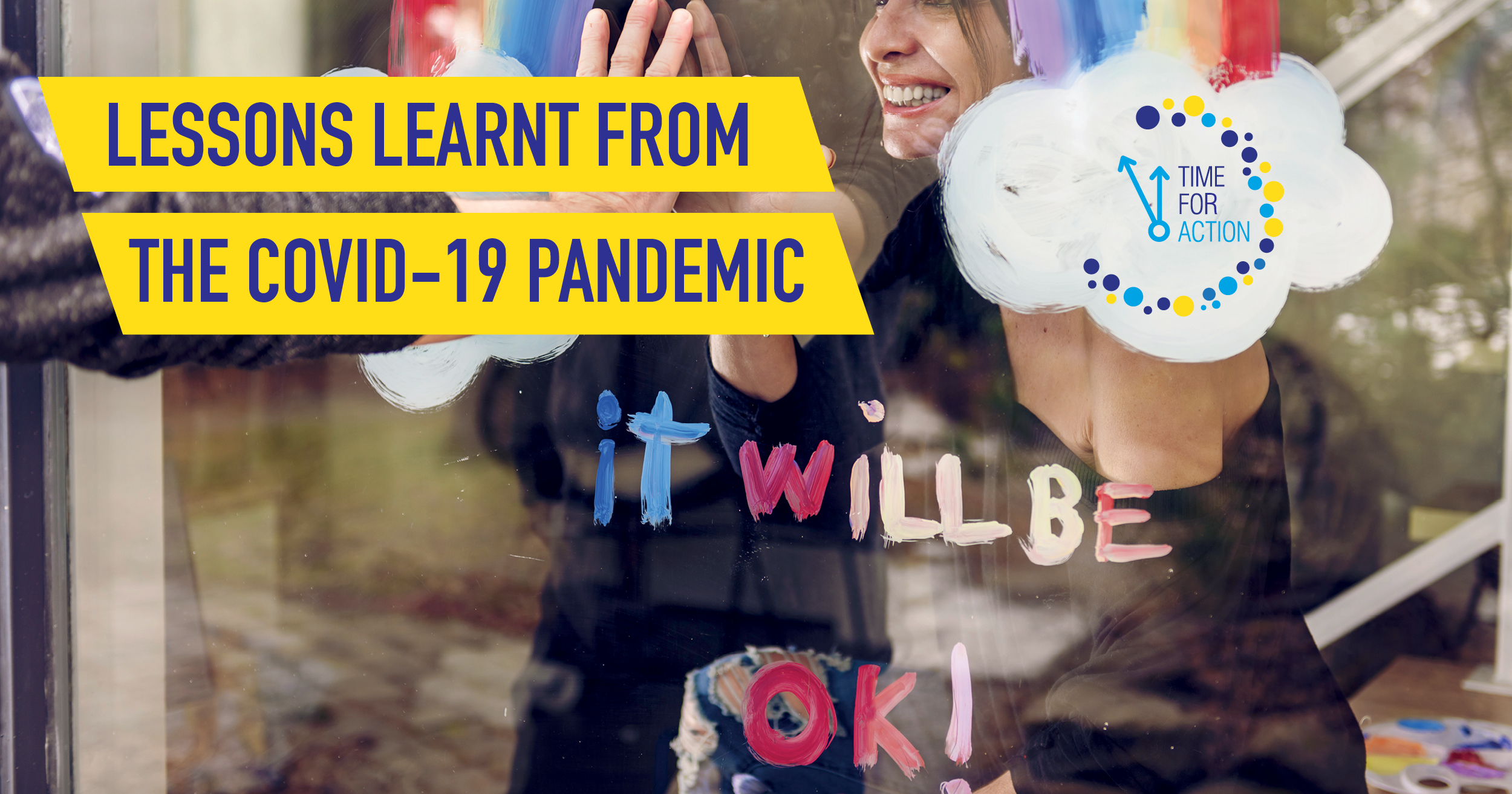
To successfully transform and improve the healthcare systems in Europe, we need to be equipped to respond to current and future healthcare threats. Therefore, European stakeholders need to join forces and act according to a shared vision for health. We cannot lose the momentum that COVID-19 brought upon us. The time for action is now!
The message above was firmly supported by all the speakers and participants of the second edition of the EU Health Summit, which took place on 26 October. The event was organized by the EU Health Coalition, a multi-stakeholder initiative of 33 organizations active in the EU healthcare arena. EUREGHA is proud to be an active member of this Coalition and was delighted to be the driving force behind the break-out session “Policies for Health”. The EU Health Summit builds upon recommendations which are launched during the EU Health Summit 2018. During this extraordinary edition, it was time to use these recommendations and turn them into concrete actions.
The chair’s of the EU Health Coalition, Nathalie Moll (EFPIA) and Marly Lynne van Poelgeest-Pomfret (World Federation of Incontinence Patients) opened the Summit by introducing the audience to the EU Health Coalition and the work done by its members. Subsequently, high-level speakers such as Health Commissioner Stella Kyriakides and German Minister of Health Jens Spahn held a keynote speech. Both speakers mentioned that COVID-19 amplified the weaknesses of our health systems. They both underlined that it is crucial to improve the overall response and preparedness for healthcare emergencies while ensuring cross-border cooperation and collaboration in partnerships.
The participants of the EU Health Summit were then invited to the following break-out sessions: Policies for Health, Healthcare Systems, Digital Health and Health Data and Research and Innovation.
Nick Batey, EUREGHA chair, moderated the session “Policies for Health”. During a fruitful debate with Paola Testori Coggi (Special advisor for the National Technological Cluster on Life Sciences -ALISEI- and former Director-General for Health and Consumers at the European Commission) and Normunds Popens (Deputy Director-General for Regional Policy at the European Commission), a discussion took place on how to enhance EU leadership in healthcare while ensuring effective partnerships with regions and cities.
During the session, the two speakers discussed concrete actions which are necessary to prepare the EU for future healthcare crises. Mrs Testorri Coggi highlighted that it is high time to introduce a shared EU competence for emergencies. It is crucial to acknowledge that COVID-19 has sparked the need to work on healthcare reforms. She said that a transformation of healthcare systems should revolve around healthcare promotion and disease prevention. According to Mr Popens, the EU Member States should find more synergies in various funding-and investment tools. He highlighted that existing means teach us valuable lessons, which can be transformed as part of a solution for current healthcare challenges. The key takeaway from the break-out session was that we need to develop a coherent plan, which will fully align with the actions and rapid pace of the work done to tackle COVID-19.
The third part of the event involved a speech of Andrea Ammon, the director of the European Centre for Disease Prevention and Control (ECDC), and a panel debate on a strong European Health Union. Dolors Montserrat (Member of the European Parliament), Despina Spanou (Head of the Cabinet of Commission Vice-president Margaritis Schinas), Nicola Bedlington (Special advisor European Patients Forum) and Rui Santos Ivo (President of INFARMED) participated in this discussion.
We invite you to take a look at the recording and sketches of the event to learn more about the outcomes. The EU Health Coalition is committed to take the policy recommendations to a higher level and ensure a dialogue with the institutions.




